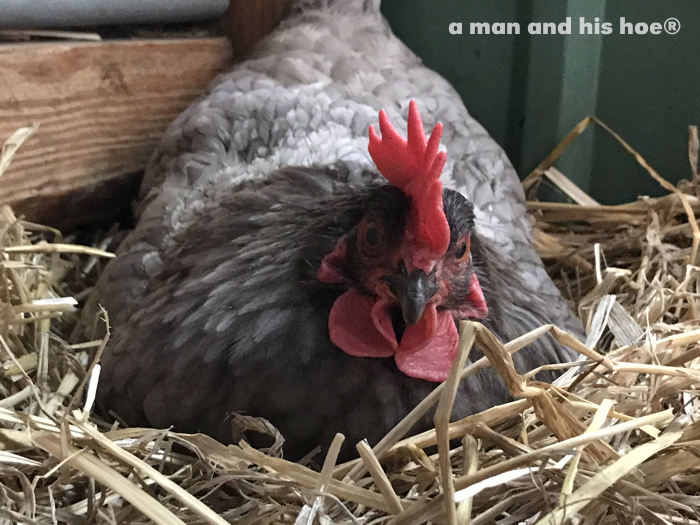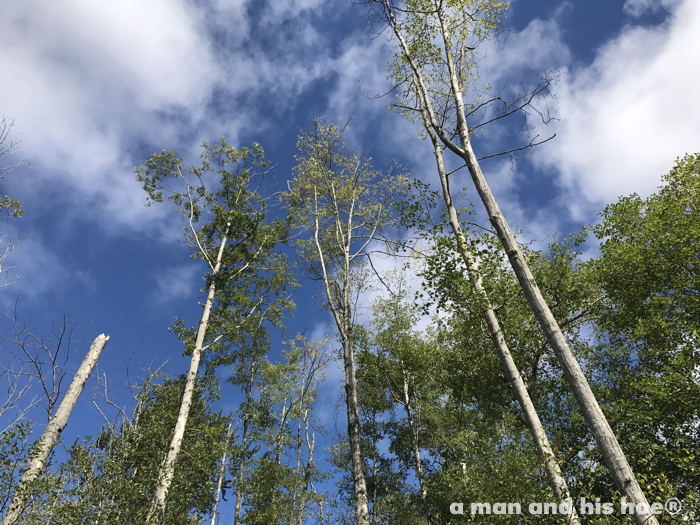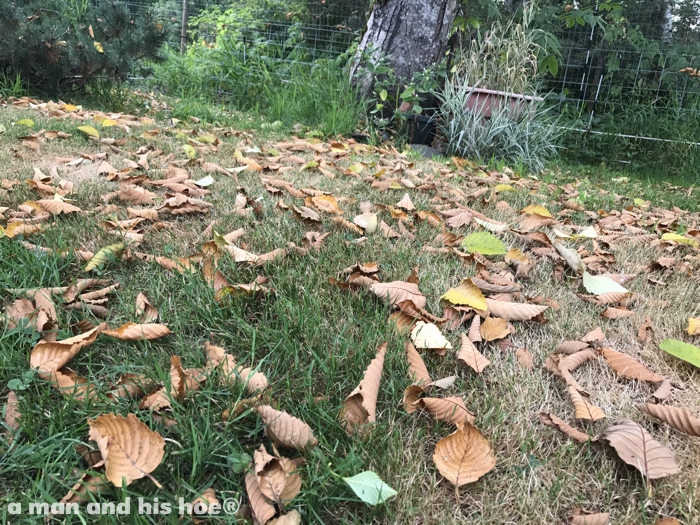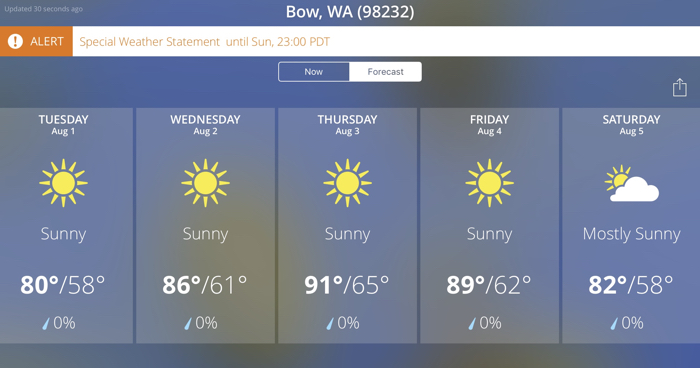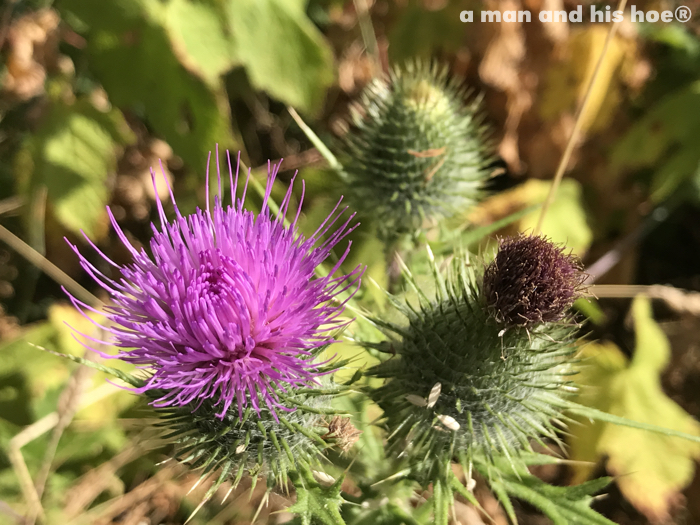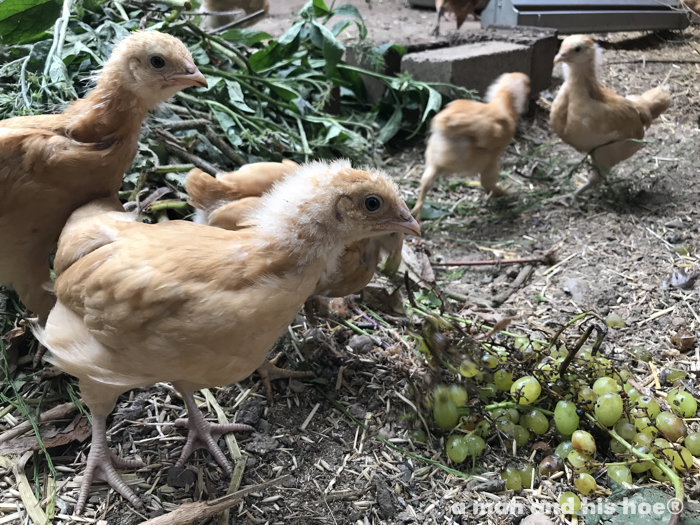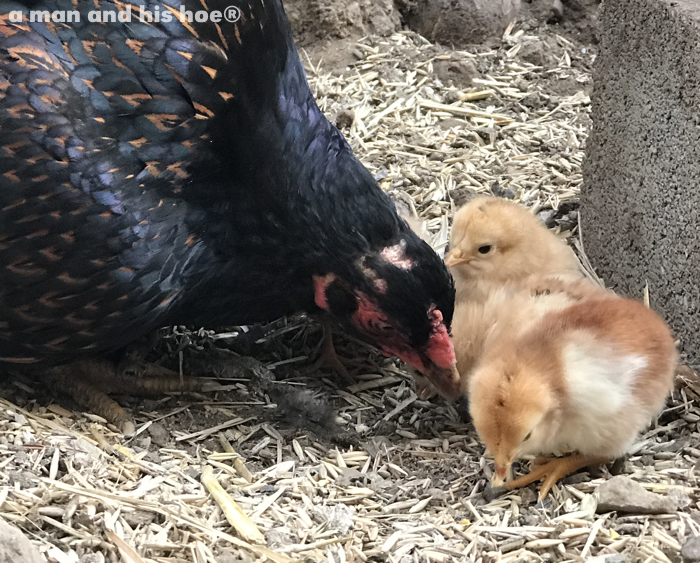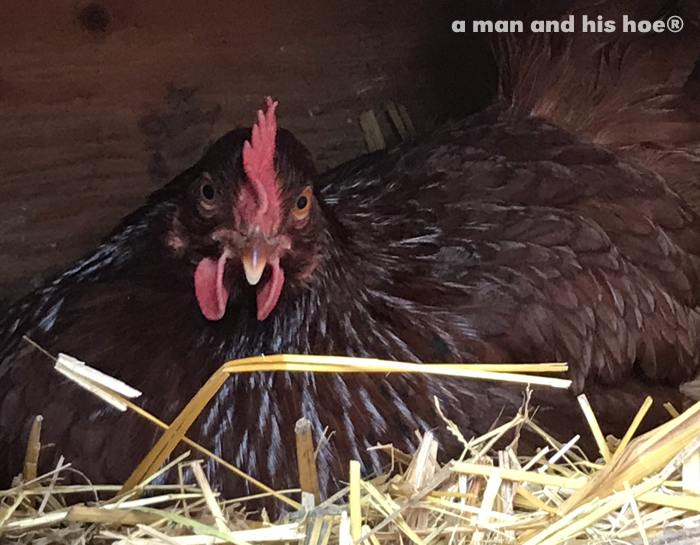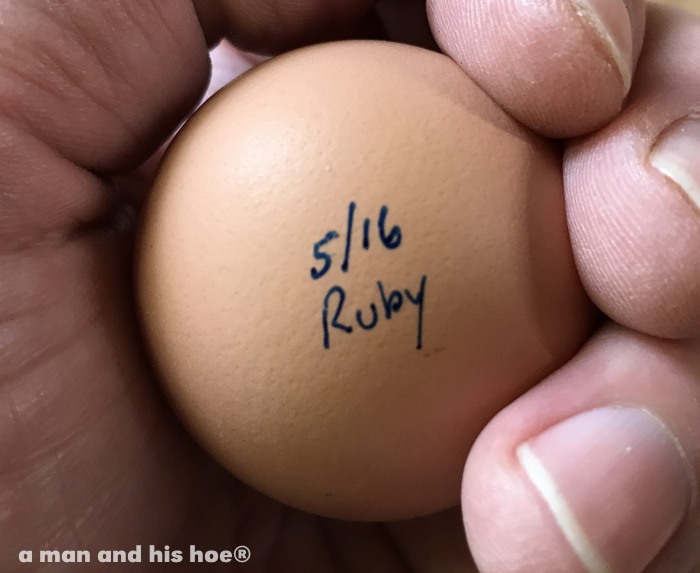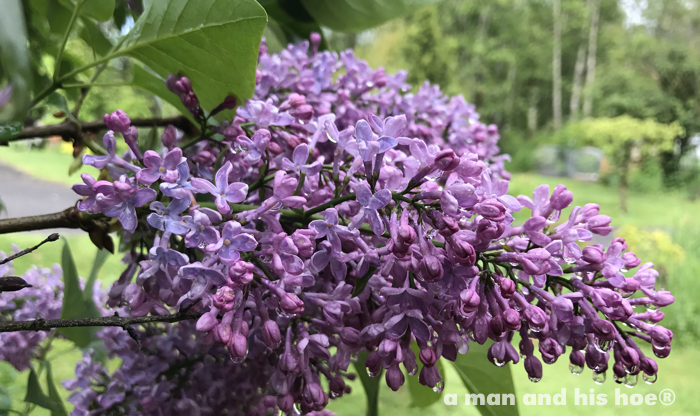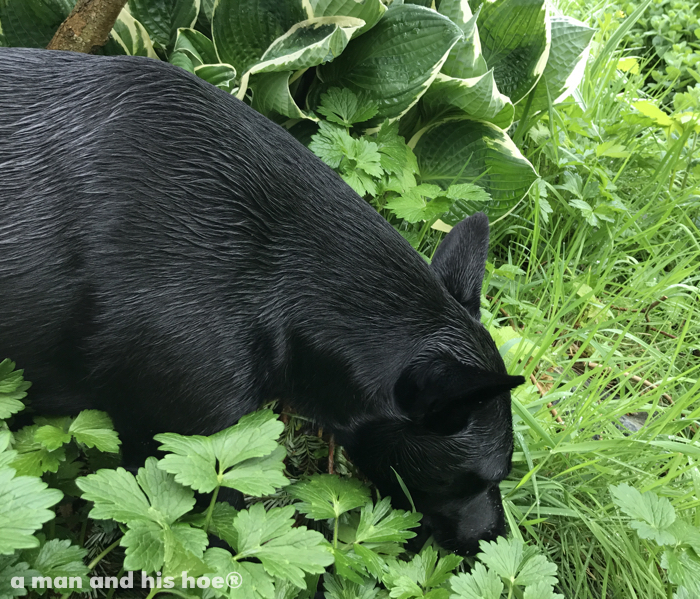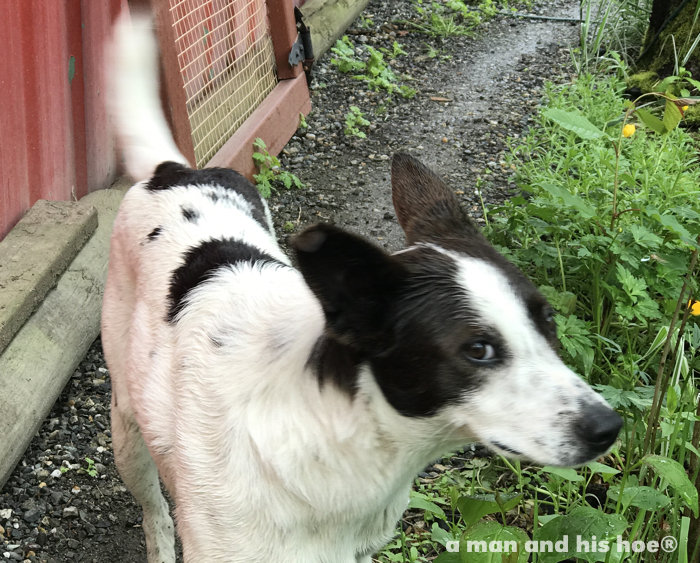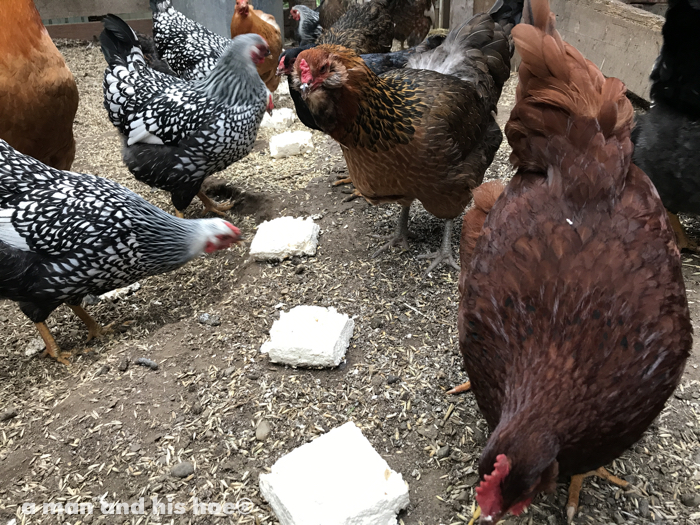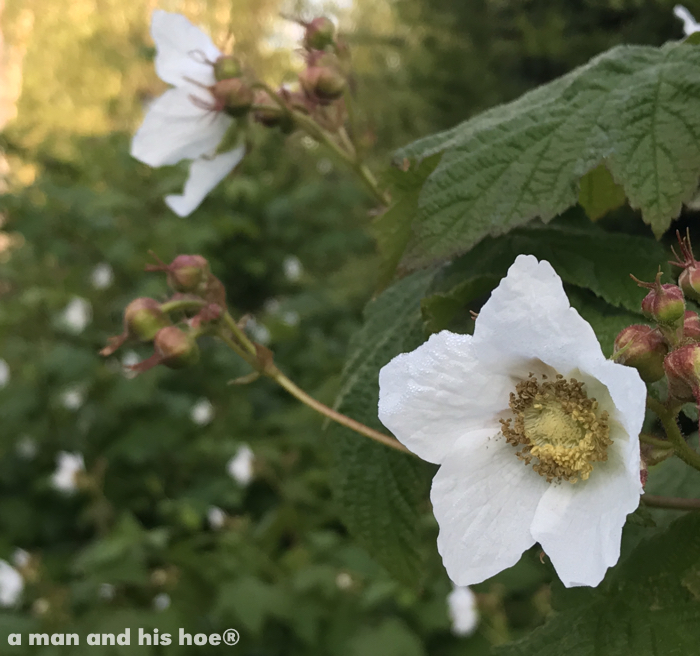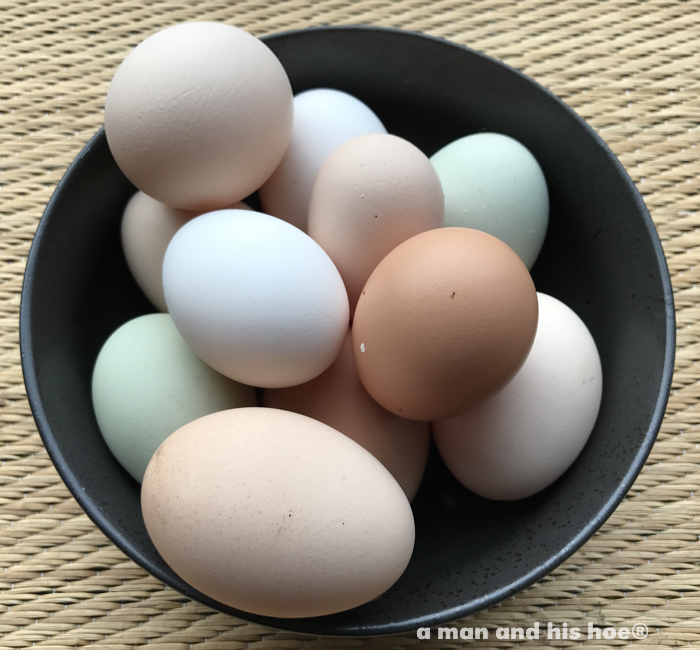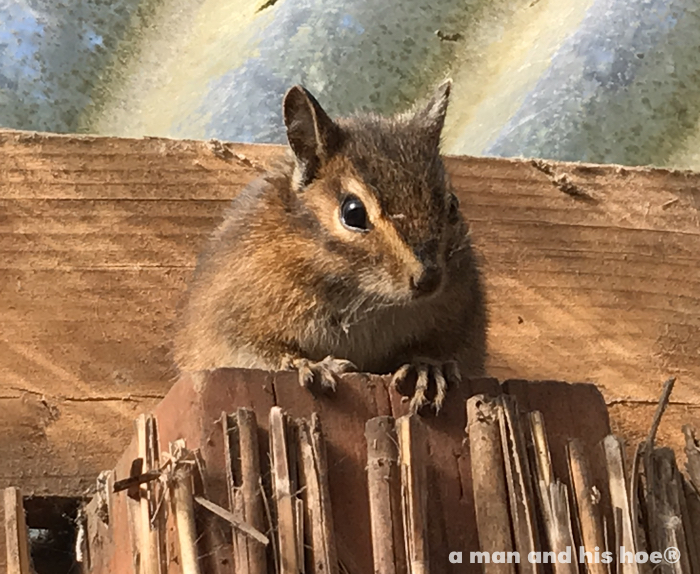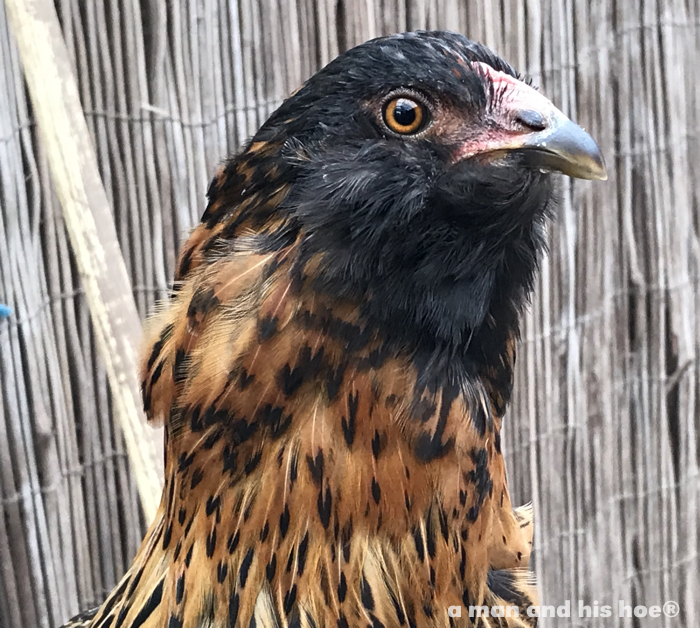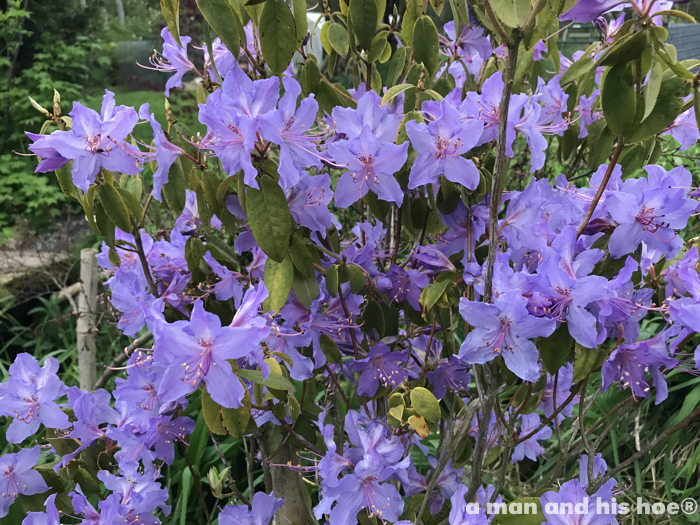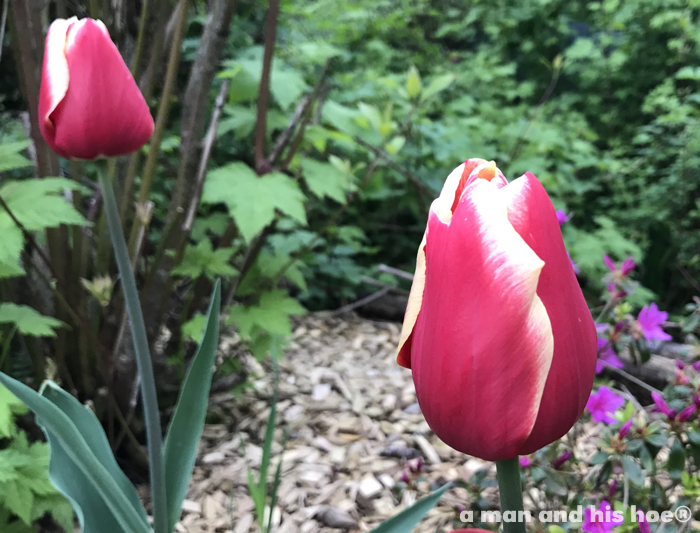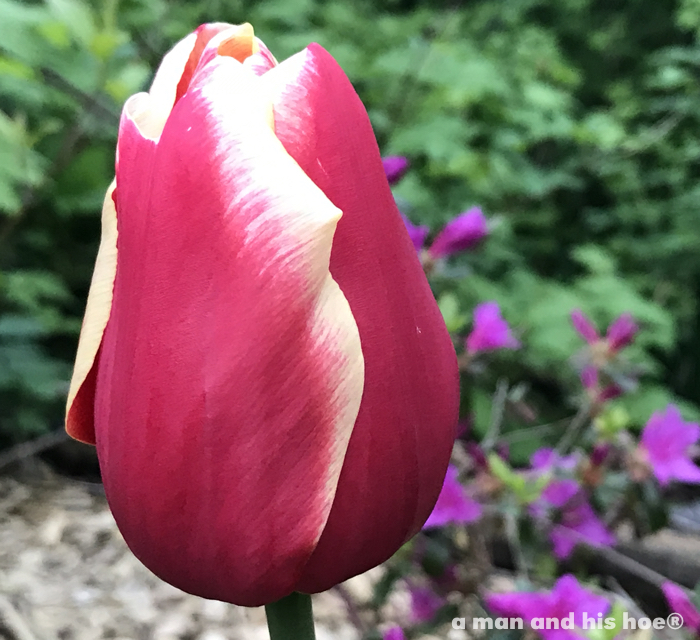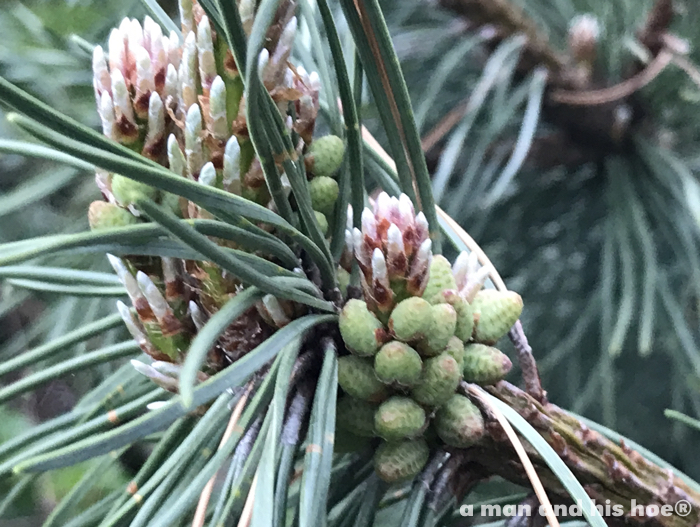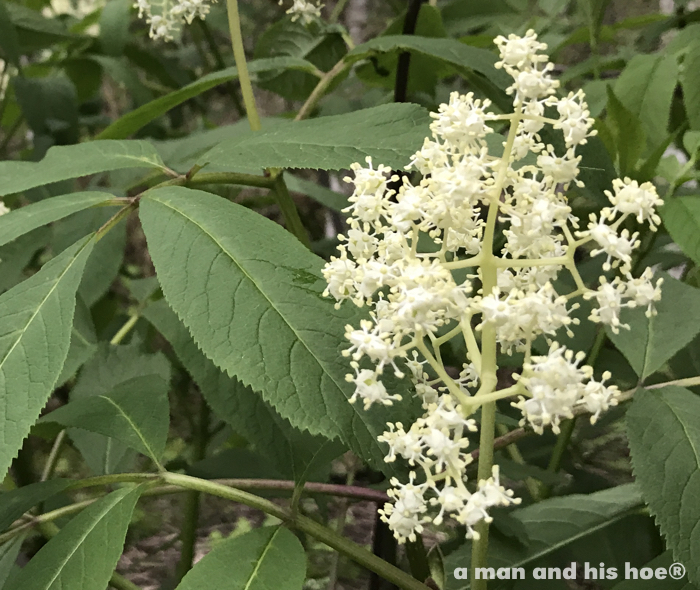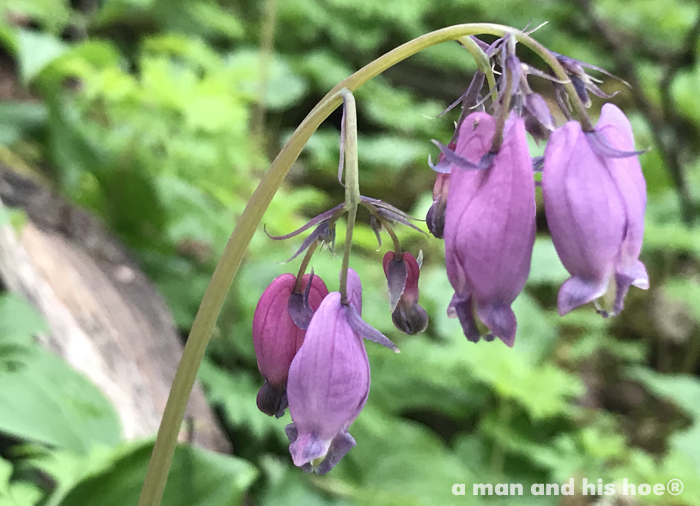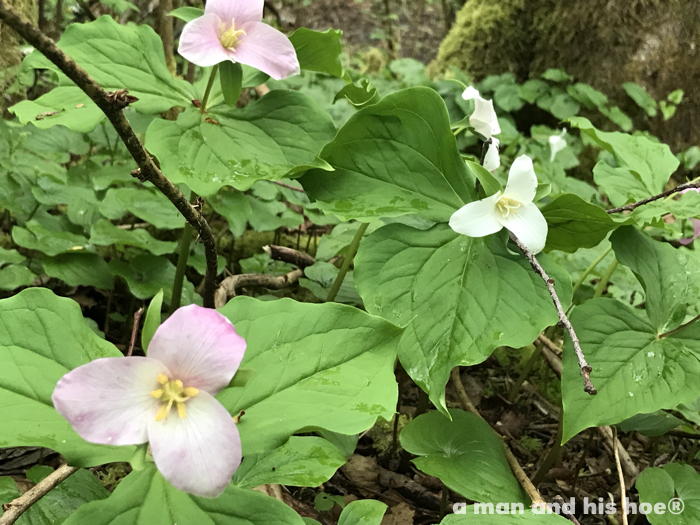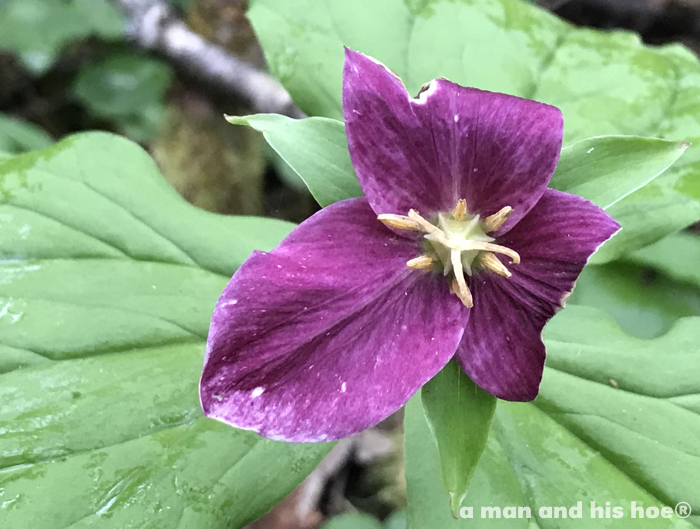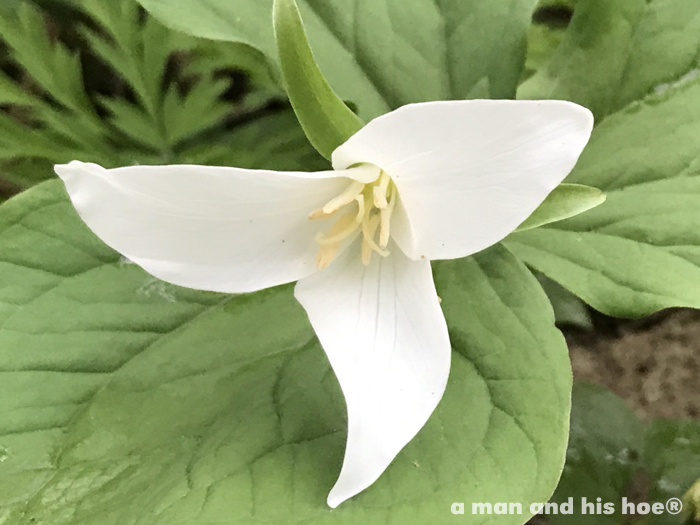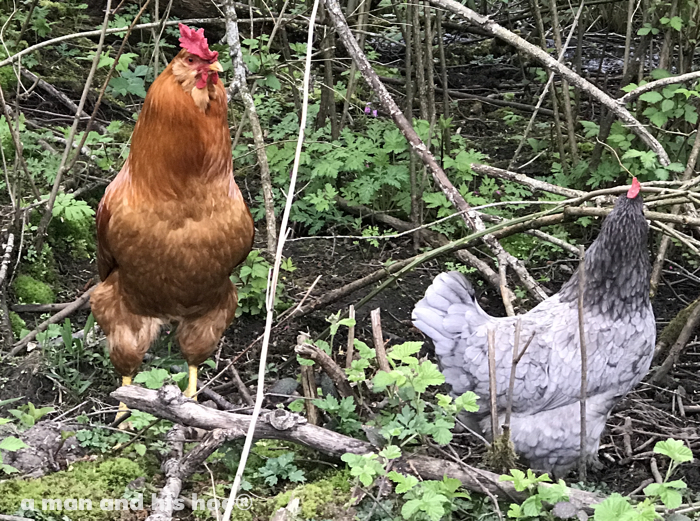
The slow growing madrona tree is peeling. It’s something madrona trees do, and it is what makes them so beautiful. Their bright red, peeling bark, reminds me of my many childhood sunburns. A game my sister and I used to play when we were small. The day after getting toasted to a crisp on the beach on a hot, summer day, we’d carefully peel our shriveled skin, trying to extract the largest piece possible. The larger the piece, the happier we were.
We got burnt so often, I’m surprised we haven’t died of skin cancer many times over. But maybe we inoculated ourselves by eating our dried pieces of radiated skin. Sunburnt human skin doesn’t taste so bad. Where are the studies comparing skin cancer rates of children who eat their peeled burnt skin to those who didn’t? You know, it might be an option to lathering your bodies with sunscreen. Just saying.
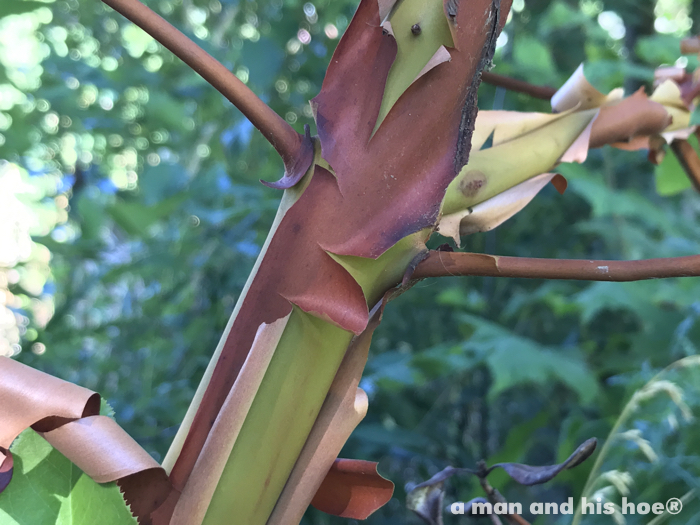

Ruby, one of my favorite hens, is in her usual nest, laying her egg for the day. She’s a gregarious hen, often coming up to greet me whenever I go into the chicken yard. Nancy, black with a spot of white on her cheek, and Kumo-hime 雲姫 (Cloud Princess) are all quietly laying eggs. They aren’t interested in hearing about my skin peeling hypothesis.

